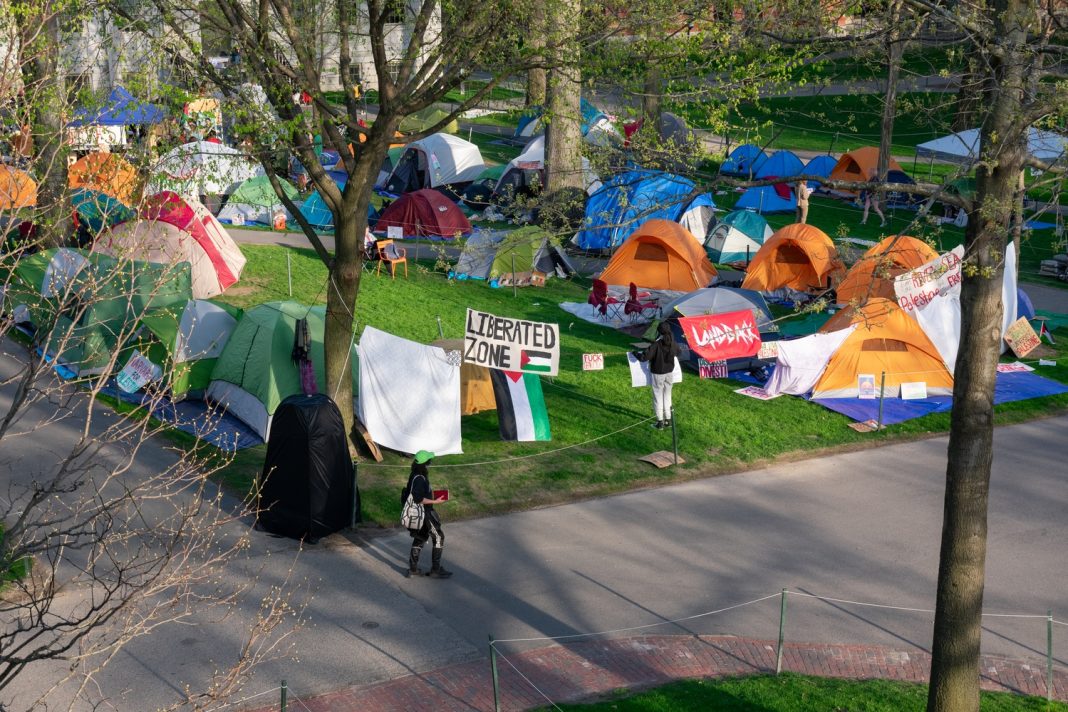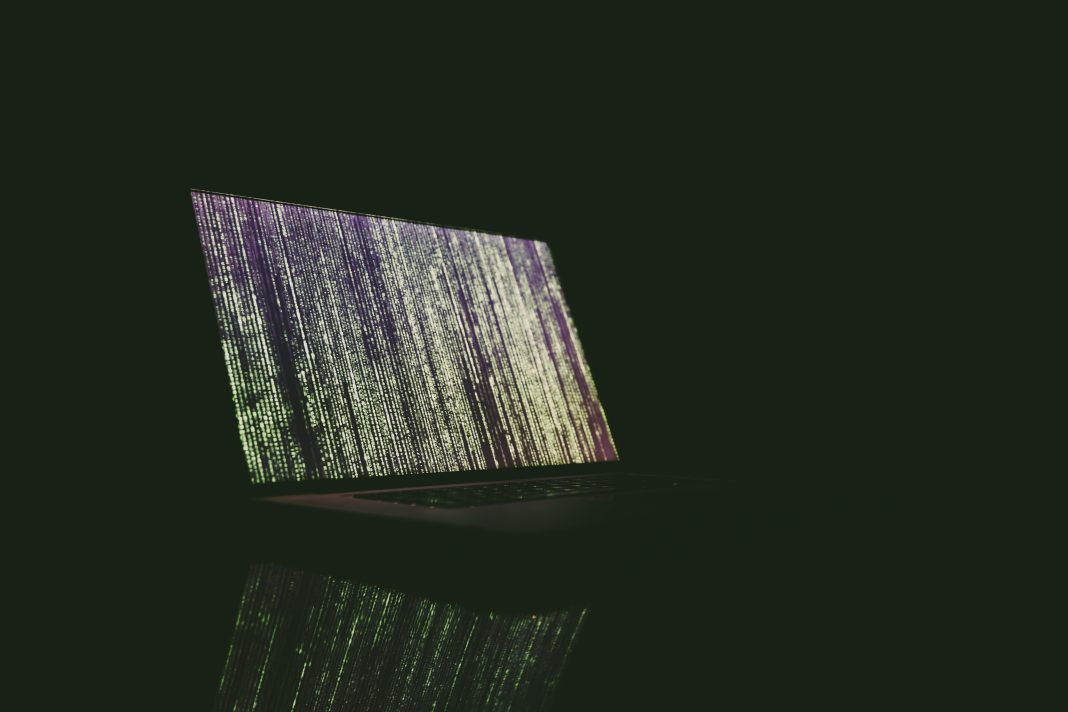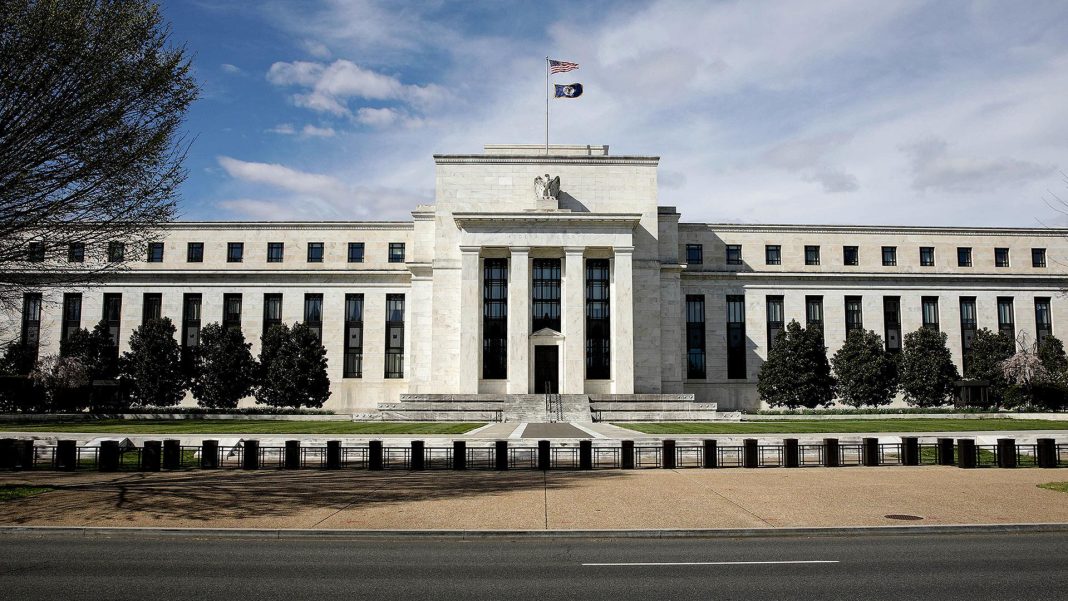 Pro-Palestinian protesters at Tufts University in Massachusetts have started dismantling their encampment, following a no trespass order issued by the university. The protesters, who are part of Tufts Students for Justice and Palestine, announced on Instagram that negotiations with the university administration had failed. However, they did not disclose the specific reason for taking down the encampment, stating that they needed time to process and develop their approach to discussing the matter further.
Pro-Palestinian protesters at Tufts University in Massachusetts have started dismantling their encampment, following a no trespass order issued by the university. The protesters, who are part of Tufts Students for Justice and Palestine, announced on Instagram that negotiations with the university administration had failed. However, they did not disclose the specific reason for taking down the encampment, stating that they needed time to process and develop their approach to discussing the matter further.
Tufts University spokesperson Patrick Collins confirmed that the protesters’ departure was not the result of an agreement with the university. He expressed satisfaction that the encampment had been peacefully and voluntarily resolved. The university had raised concerns about the encampment’s location, as it was set up where commencement ceremonies were scheduled to take place. The protesters had refused to relocate, and some students even threatened to boycott the commencement exercises if police were called in.
While some students supported the protesters’ cause, others believed that the encampment was disruptive. A Tufts student who had visited the encampment and dropped off supplies acknowledged that it may have caused disruptions but emphasized that disruption was the purpose of their protest. However, university faculty member Michael Glennon stressed that rules on campus needed to be enforced, implying that police intervention might be necessary if the encampment continued.
A group of over 200 students signed an open letter to Tufts President Sunil Kumar expressing their opposition to any commencement ceremonies that involved removing or harassing the protesters. The students argued that such actions would not be in line with their values and principles. Despite these protests, construction workers were spotted setting up for upcoming commencement events on campus, indicating that the university intended to proceed with its plans.
Meanwhile, at Emerson College, where over 100 protesters were arrested last week after their encampment was cleared by police, students have resorted to other forms of protest. They placed sticky notes with their demands on the windows of an administration building. The faculty at Emerson is also expected to hold a vote of no confidence in the college president.
Massachusetts Governor Maura Healey expressed her support for peaceful protests but emphasized the need for universities to ensure the safety of students and uninterrupted campus operations. She acknowledged that there are limits to the right to protest.
In a separate development, an encampment at the Massachusetts Institute of Technology (MIT) remains in place. Two rallies, one supporting Israel and the other supporting Palestine, took place at MIT on Friday afternoon.
The protests at various universities highlight the deep divisions and passionate beliefs surrounding the Israeli-Palestinian conflict. While some argue for the right to peaceful protest and freedom of expression, others emphasize the importance of maintaining order and ensuring that campus activities proceed as planned. These clashes of opinion reflect wider debates about the limits of protest and the responsibility of universities to balance the rights of different groups on their campuses.


